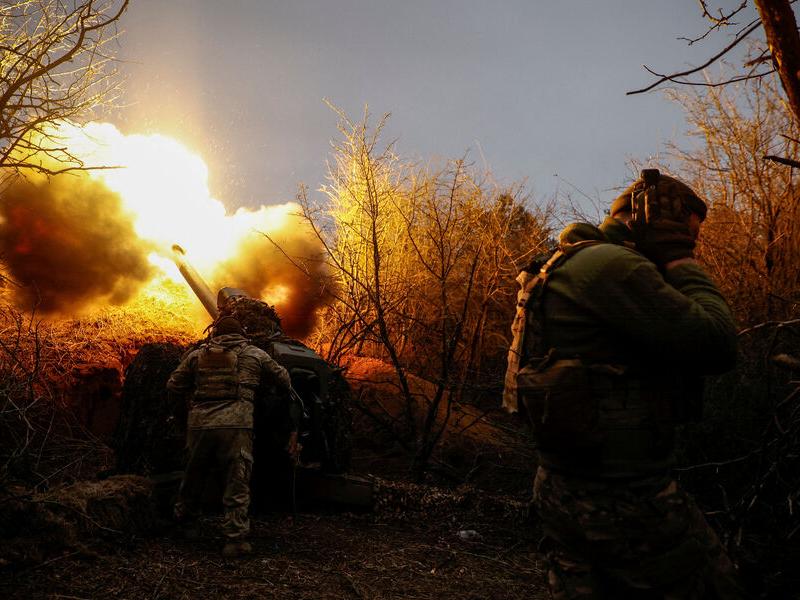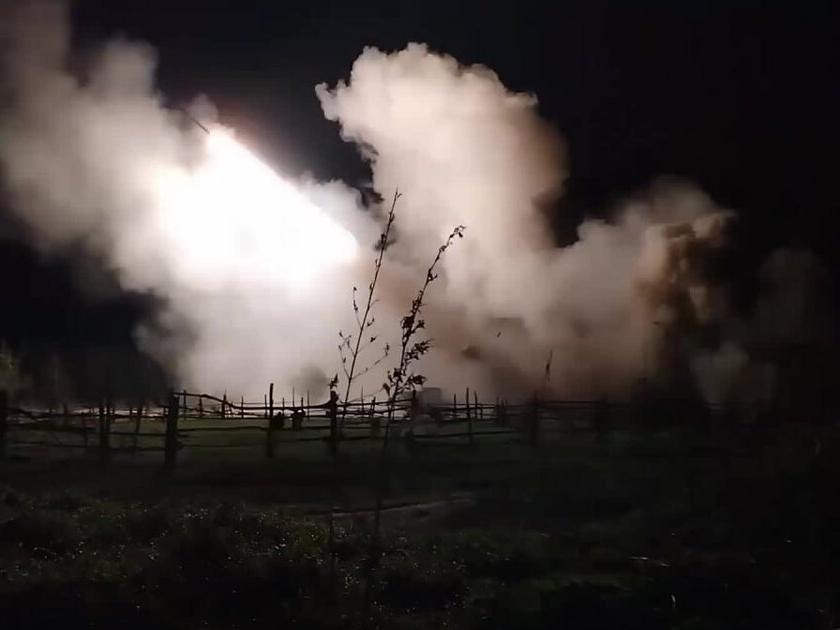The Israeli-Lebanese border remains a flashpoint for potential conflict as Hezbollah, the Iran-backed Lebanese group, has released drone footage showing Israeli ports, including Haifa, and pinpointed military, defense, and energy facilities. This provocative action comes amid a series of aggressive exchanges between Hezbollah and Israel, with the latter continuing attacks on Gaza and Lebanon. Israel has responded to Hezbollah’s escalation by threatening ‘total war,’ with Foreign Minister Israel Katz stating that in such an event, ‘Hezbollah will be destroyed and Lebanon will be severely hit’. The Israeli Defense Forces (IDF) have approved plans for an operation in Lebanon, signaling readiness for intensified military engagement and have deployed 100,000 soldiers along the northern border while conducting commando missions inside Lebanon in response to Hezbollah’s increased cross-border attacks and the release of footage of potential targets in northern Israel after 48 hours of silence from Hezbollah. Hezbollah has claimed responsibility for targeting Israeli military sites with rocket and artillery fire, resulting in confirmed injuries and has also announced targeting an Israeli Merkava tank inside the Hadb Yarin site. US special envoy Amos Hochstein has visited Beirut and met with Israeli Prime Minister Benjamin Netanyahu in efforts to de-escalate the situation, but tensions remain high with both sides refusing to back down from their positions. The international community, led by the US, is working to prevent a ‘large-scale war’, as the situation on the ground continues to be volatile and unpredictable.
Key points
- Hezbollah released drone footage targeting Israeli military and civilian infrastructure, escalating tensions.
- Israel threatens ‘total war’ against Hezbollah, approves plans for offensive in Lebanon.
- US envoy Amos Hochstein seeks to mediate conflict, but situation remains critical.
Contradictions👾While Israel Katz has made a clear threat of ‘total war’ against Hezbollah, US efforts to mediate the conflict suggest a push for a diplomatic rather than military solution.



